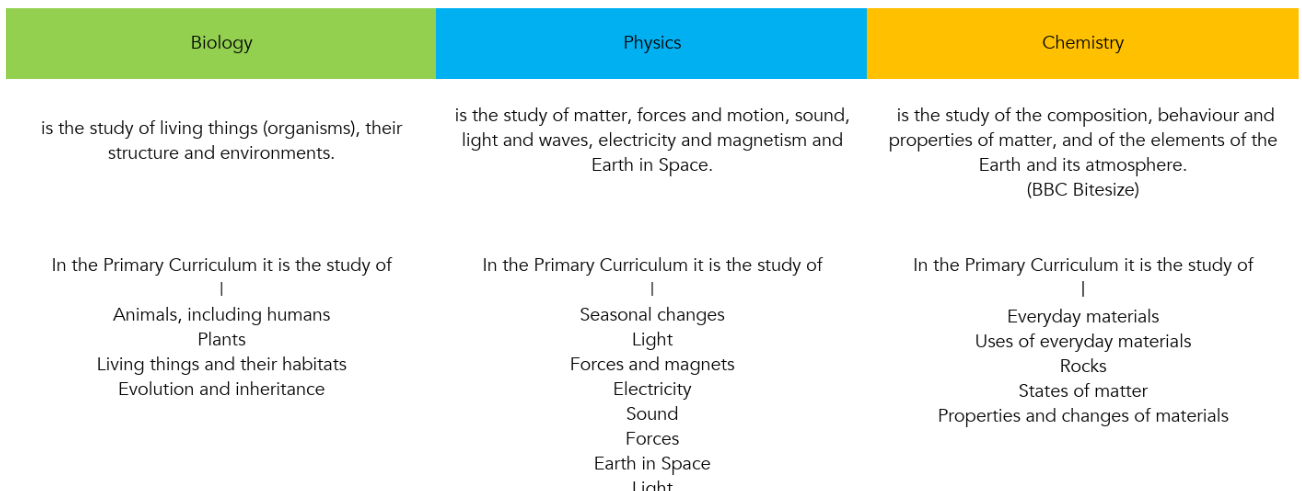
Science
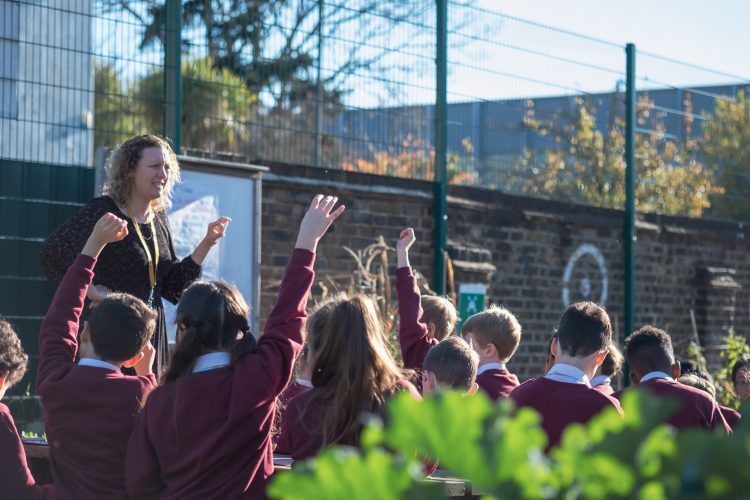
Isaiah 45:12
Exploring Science through curiosity and enquiry
Organisation of Science
At Eltham Church of England, our Science curriculum is designed to make learning about science fun and engaging for all students. We focus on building knowledge, expanding vocabulary, and thinking like scientists.
Our Vision: We aim to spark curiosity and encourage children to explore and discover the world around them. We want our students to develop a deep understanding of the world we live in.
Early Years Foundation Stage (EYFS): In the Early Years, we teach science through a program called Understanding the World. This involves helping children make sense of their physical world and their community by exploring, observing, and learning about people, places, technology, and the environment. Observations are collected using Tapestry, and we make assessments throughout the year to ensure children are meeting their learning goals.
Years 1-6: From Year 1 to Year 6, our science lessons closely follow the National Curriculum. We use evidence-based practices and focus on helping students remember important knowledge over the long term. As students progress through the years, they become more skilled and knowledgeable, making sense of various scientific concepts.
Our goal is to equip every child with the skills they need to understand their world through scientific enquiry.
The Domains of Science
“I love particle physics... I want to be a physicist in the future.”
Adrien, Year 6
Sequence of Content Progression
Children’s learning is carefully built so that knowledge builds at a manageable rate. Interspersed with new learning are regular revisit modules which ensure that learning is retained long-term. Learning links into prior understanding, gently building so that children make connections. For example, in key stage 1, children learn how to identify and classify materials, and their uses, using words such as transparent, translucent and opaque. Then, in lower key stage 2, children are taught about rocks, as well as states of matter. This then ties in with teaching in upper key stage 2 around the properties and changes of materials. This ability to link learning eases the load of the working memory to process and make sense of new knowledge.
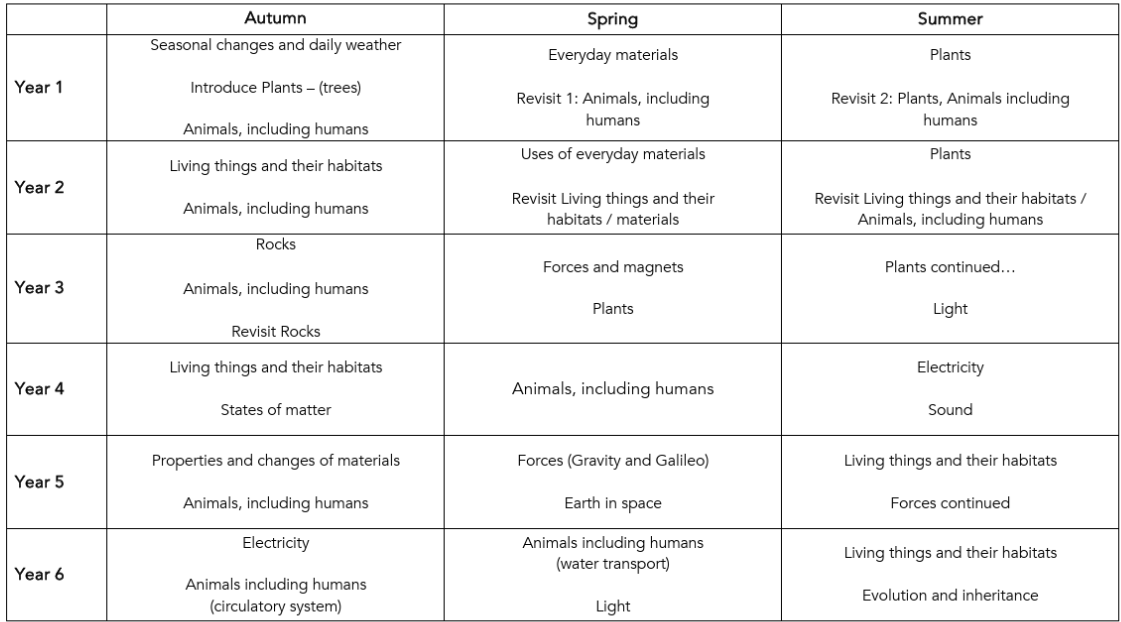
Science Lessons
 Each science lesson aims to answer a big question. E.g. Why do we exercise? This is explored in depth within the lesson. This is presented on a knowledge note so that every lesson’s learning is clear for children. The knowledge notes are an amazing tool which children annotate and refer to within a lesson, and across the year.
Each science lesson aims to answer a big question. E.g. Why do we exercise? This is explored in depth within the lesson. This is presented on a knowledge note so that every lesson’s learning is clear for children. The knowledge notes are an amazing tool which children annotate and refer to within a lesson, and across the year.
Within a unit of study, children will acquire new language through explicit teaching, which is required in order to be able to discuss what they learn. Children are taught to decode, define, apply, link and analyse unfamiliar words so that they are able to develop their understanding.
Vocabulary is divided into 3 tiers:
Tier 1 – high frequency in spoken language (table, slowly, write, horrible)
Tier 2 – high frequency in written texts (gregarious, beneficial, required, maintain)
Tier 3 – subject specific, academic language (osmosis, trigonometry, onomatopoeia).
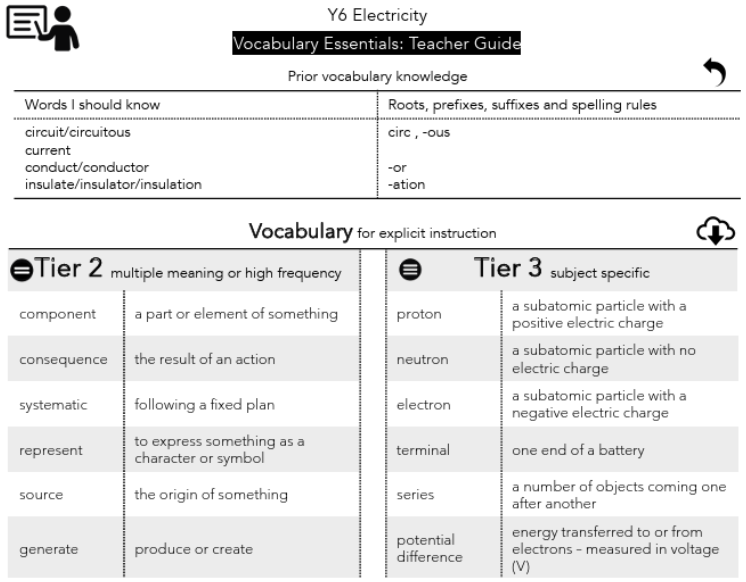
An essential part of being a scientist is the ability to think and work scientifically. The skills that are used within each key stage are outlined below. Working scientifically is often what makes science learning more memorable and exciting.
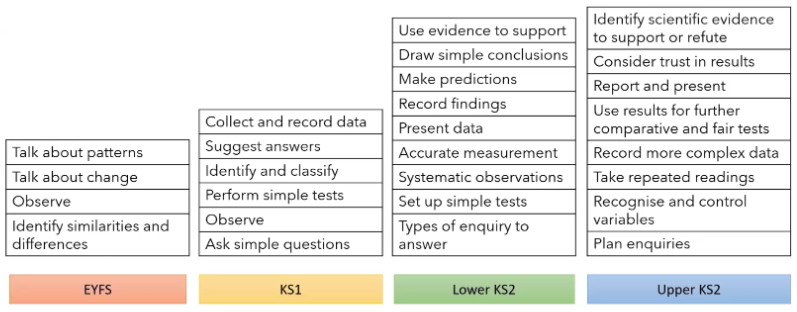
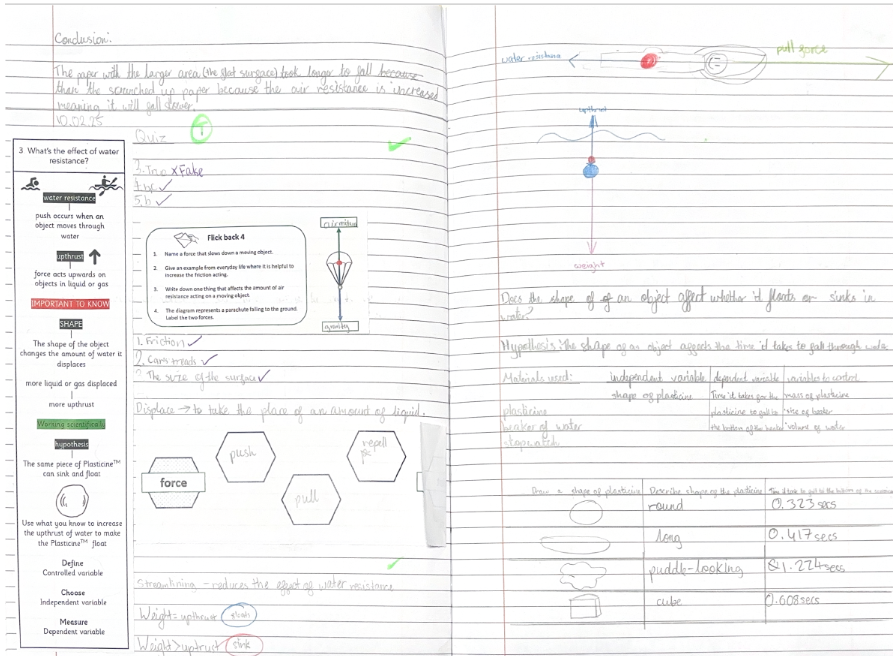
Enrichment

Our science enrichment is all about making learning engaging and hands-on for students. Within lessons, we like to keep learning as interactive as we can, using outside spaces when appropriate, and using our various practical resources. Children at Eltham love to get to grips with a practical activity. Organising trips to science museums, nature reserves and planetariums can provide exciting real-world experiences that spark curiosity and deepen understanding. In school, workshops led by visiting scientists or local experts can offer interactive sessions on topics like chemistry, biology and physics, bringing our curriculum to life.
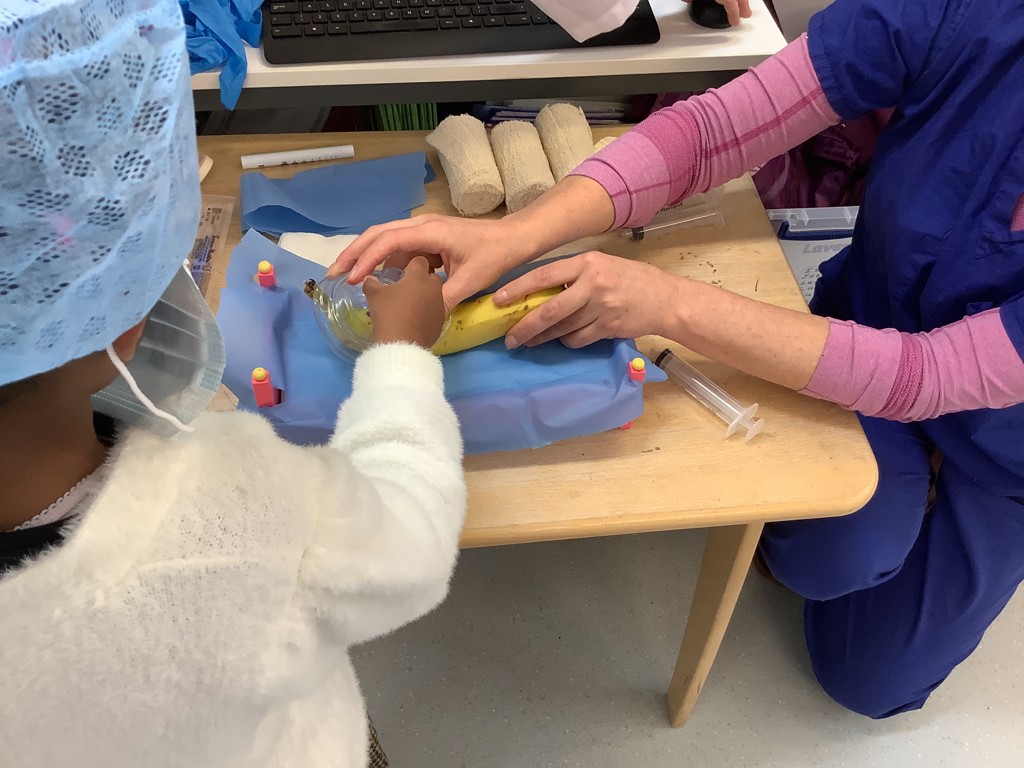
Throughout the school, children’s lessons are supplemented through the addition of themed days, like the ‘Doctors Day’ in reception. Here children get to learn about the different things that doctors do to keep our bodies healthy.

We are also lucky to have our Edible Playground. This is a space where children get to learn about plants and how they grow but also get to observe microhabitats in action.
This year we invited a visitor from Cambridge Science Centre who enabled children in years 5 and 6 to explore a Challenge Day called ‘Epidemic Crisis Response’. Throughout the day, children were asked to carry out activities in the areas of disease detection, drug discovery and caring for the individual. The children were enraptured. They loved being scientists for the whole day and being able to handle (carefully!) actual chemicals.
“I loved making medicines with sodium hydroxide, iron and sulphur!”
Harlow, Year 5
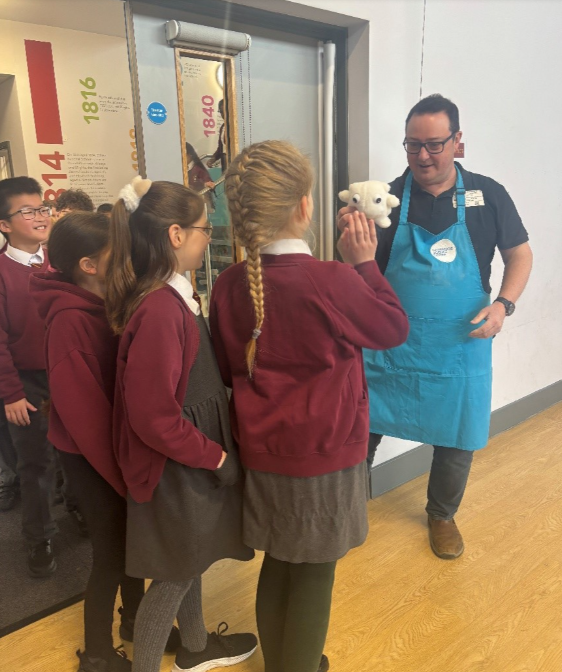
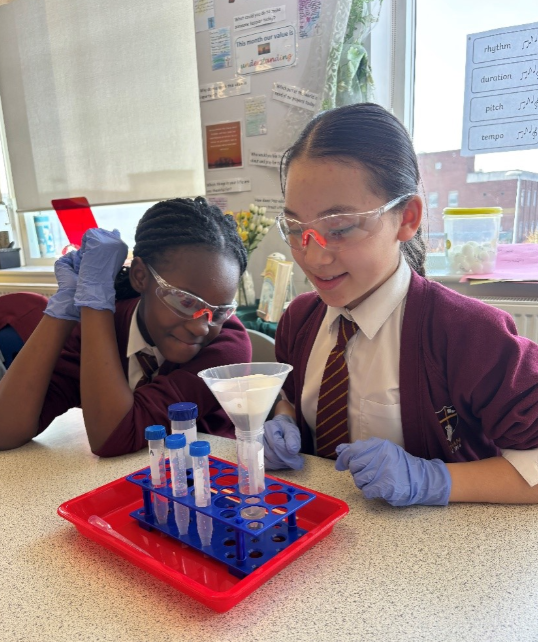
“Today I enjoyed looking at data and profiles to figure out the number of cases. And learning about double displacement precipitation reactions.”
Grace, Year 5
 We have now introduced an after-school run by ‘Spectacular Science’. They offer an hour of awesome fun in which children can learn more about the wonderful world of science. During each session, children are truly engaged with different hands-on science experiments, including rockets, slime creations, circuits, learning about the planets, magnets, tie-dying, lava lamps and lots more. All teachers are fully trained to run the club.
We have now introduced an after-school run by ‘Spectacular Science’. They offer an hour of awesome fun in which children can learn more about the wonderful world of science. During each session, children are truly engaged with different hands-on science experiments, including rockets, slime creations, circuits, learning about the planets, magnets, tie-dying, lava lamps and lots more. All teachers are fully trained to run the club.

